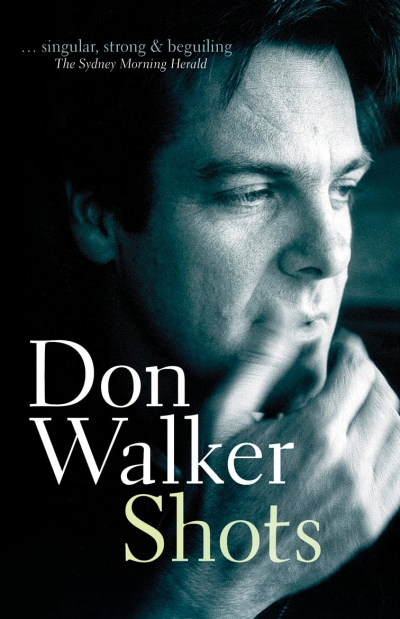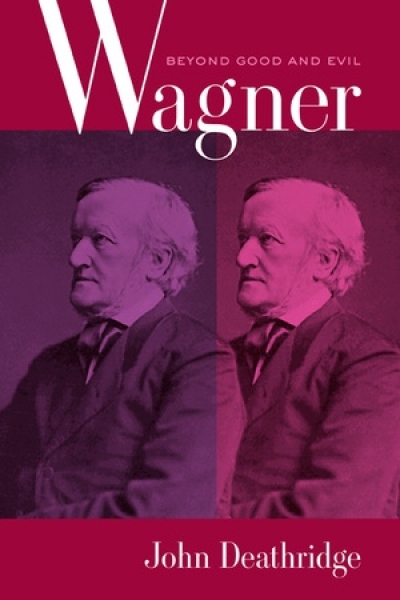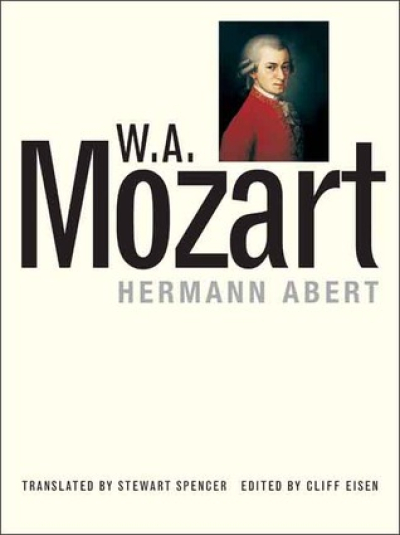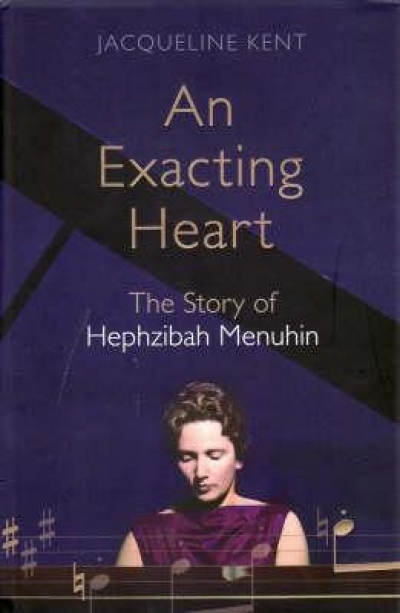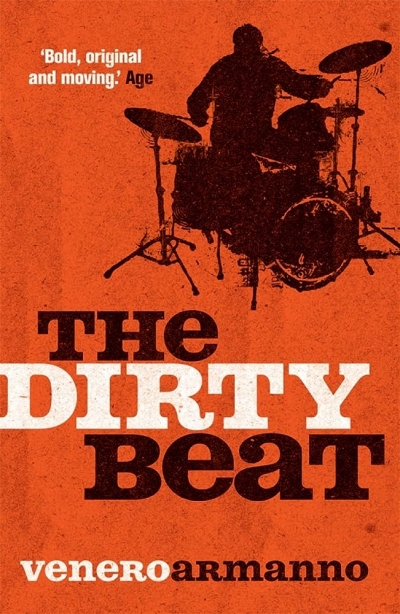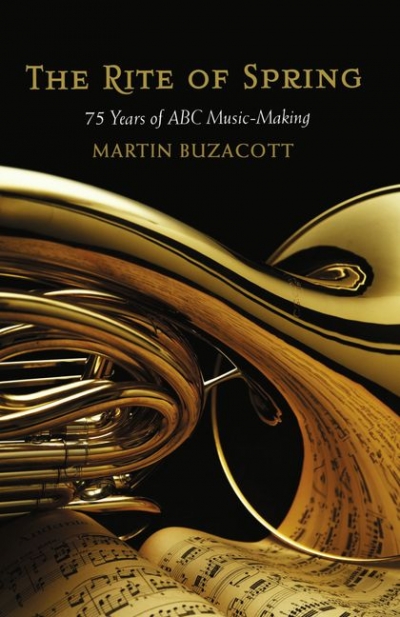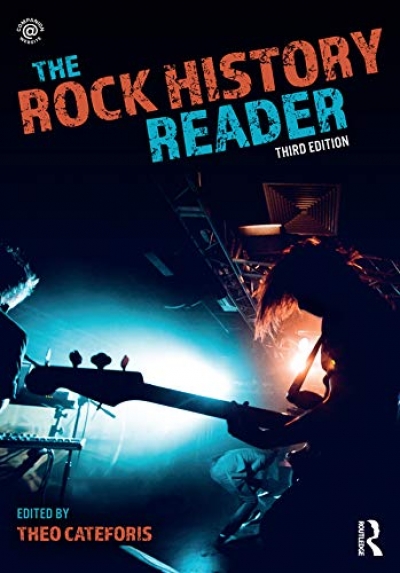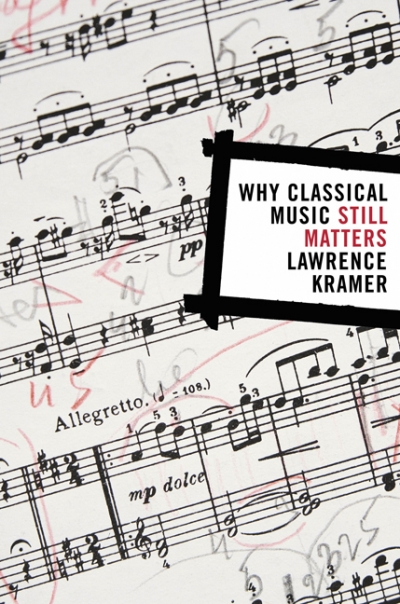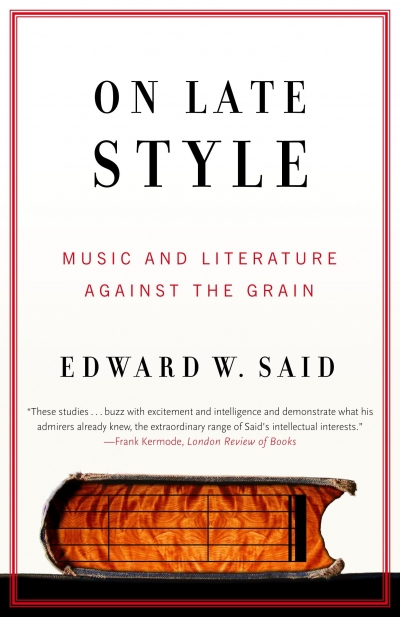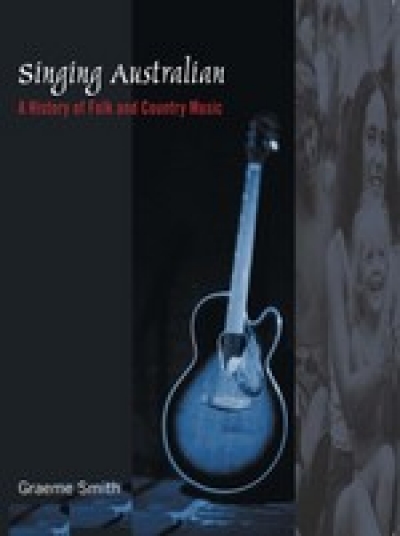Music
W. A. Mozart by Hermann Abert, translated by Stewart Spencer and edited by Cliff Eisen
by Ian Holtham •
An Exacting Heart: The story of Hephzibah Menuhin by Jacqueline Kent
by Peter Rose •
The Rite of Spring: 75 Years of ABC music-making by Martin Buzacott
by Robert Gibson •
On Late Style: Music and literature against the grain by Edward W. Said
by Ian Donaldson •
Singing Australian: A History of Folk and Country Music by Graeme Smith
by Gillian Wills •

